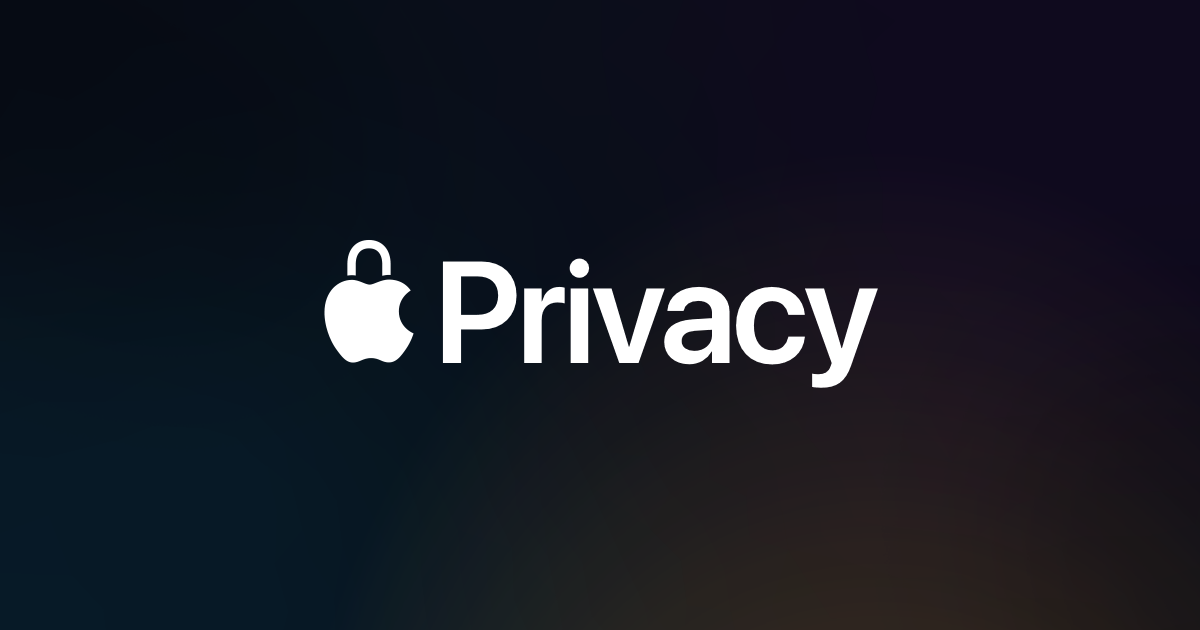A recap of Apple's privacy guidelines update for mobile apps

Apple’s new app privacy guidelines
Apple has taken a significant step forward with its App Store privacy updates. These changes are not just a nod to transparency but a full embrace of it, providing users with a clear understanding of an app's privacy practices before they even hit the download button. For developers, this means a new set of responsibilities and a chance to build trust with their audience. Let's unpack the latest guidance from Apple and what it means for the future of app development.
App tracking transparency
The App Store has always been more than a marketplace; it showcases innovation and trust. Apple's latest updates to privacy details on the App Store reinforce this, requiring developers to disclose their privacy practices in App Store Connect. This move isn't just about compliance; it's about setting a new standard for transparency in the digital ecosystem.
What's new for developers?
Apple's privacy updates introduce two critical changes:
The inclusion of third-party SDK signatures and privacy manifests: These additions aim to improve the software supply chain's integrity and provide developers with more options to accurately describe their data collection practices.
Developers can now offer a "Privacy Nutrition Label" for their apps: This gives users a clear, concise summary of their privacy features.

The fine print of data collection
One of the core elements of Apple's privacy update is the detailed disclosure of data collection. Developers must now identify all data collected by themselves or third-party partners, with few exceptions. They must declare data collection unless it meets specific criteria for optional disclosure, such as data not used for tracking or advertising and collected infrequently.
Decoding the types of data
Apple provides a comprehensive list of data types developers must reference when disclosing their practices. This list spans from contact information to sensitive data, ensuring that users have a complete picture of what information an app may collect. To ensure full disclosure, developers must meticulously review their app's data collection against this list.
Purposeful data use
Another pillar of Apple's privacy framework is understanding and disclosing how each data type is used. Whether data is collected for app functionality, analytics, or advertising, developers must be transparent about its use. This clarity is a requirement and an opportunity to demonstrate an app's value and respect for user privacy.
Linking data to user identity
Data privacy is critical to whether the data is linked to a user's identity. Apple requires developers to identify this link and implement privacy protections to anonymize data before collection. This step is crucial in maintaining user trust and ensuring privacy.
The definition of tracking
In the context of Apple's guidelines, "tracking" refers to using data from the app to track users for advertising purposes. Developers must disclose if their app uses data to track users, a practice increasingly under scrutiny in the privacy-conscious market.
Privacy links as a resource
Apple mandates that apps include a link to their privacy policy. Additionally, developers can provide a link to a page where users can learn about and manage their privacy choices. These resources are not just a nod to compliance but a bridge to user empowerment.
Guidance for specific scenarios
The guidance also covers specific scenarios, such as data collection via web views or IP addresses. Developers must navigate these scenarios carefully, ensuring that their disclosures align with Apple's criteria for optional disclosure.
The developer's responsibility
With great power comes great responsibility, and the power lies in data in the app development world. Apple's privacy updates place the onus on developers to maintain accurate and up-to-date disclosures in App Store Connect. This responsibility is a cornerstone of users' trust in apps and, by extension, the App Store itself.
A step towards a trust-centric app ecosystem
Apple's privacy guidelines are a step towards a trust-centric app ecosystem. By requiring detailed privacy disclosures, Apple empowers users and challenges developers to prioritize privacy. This shift is not just about adhering to policies, but about fostering a culture of transparency that benefits the entire digital community.
As developers navigate these updates, they must remember that privacy is not a hurdle but a hallmark of quality and respect for the user. By embracing these guidelines, developers can comply with Apple's standards and elevate their apps in a marketplace that values privacy as much as innovation.
At Sendbird, we recognize that trust is the cornerstone of building strong customer relationships. We are deeply committed to privacy and data security. Therefore, we have developed a comprehensive guide for developers utilizing Sendbird's services for chat, voice, video, notifications, live streaming, and AI chatbots. This guide will help developers align with Apple's new privacy requirements, ensuring their applications meet regulatory standards and embody user respect and data integrity.












